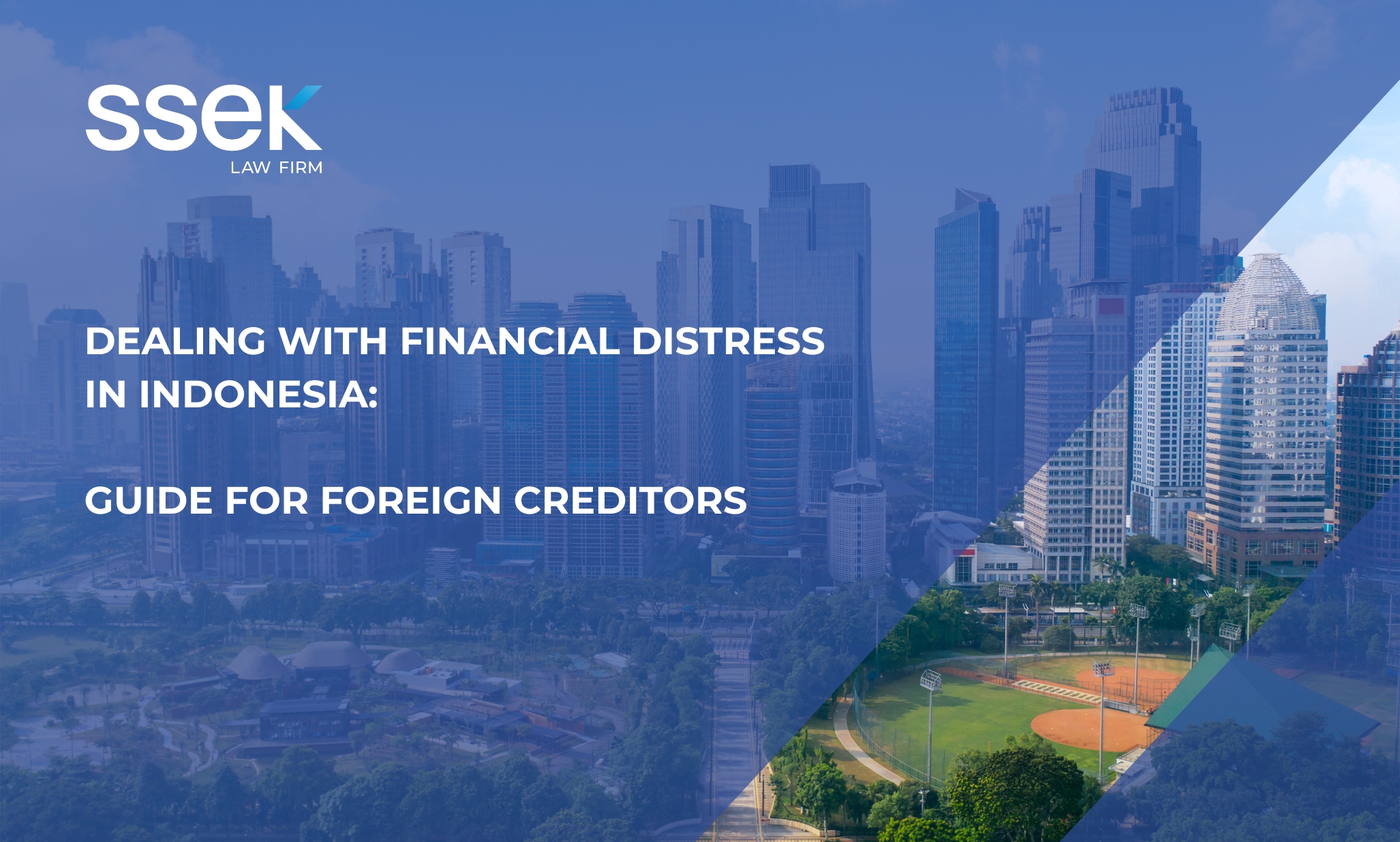


The Indonesian government expects geothermal, hydropower and bioenergy to be among the primary energy sources in Indonesia from 2015 until 2050, as outlined in Presidential Regulation No. 22 of 2017 regarding the National Energy General Plan (PR 22/2017).
PR 22/2017 also aims to increase the share of renewable energy in the energy supply mix from 5% in 2015 to 23% by 2025 and 31% by 2050. It also plans to reduce oil in the energy mix from 45% in 2015 to 25% by 2025 and 20% by 2050. The share of gas in the energy supply mix is targeted to shift from 23% in 2015 to 22% by 2025 and 24% by 2050.
The authors anticipate a reduction in Indonesia’s reliance on oil while maintaining a dependence on gas proportionate to the country’s reserves.
Carbon Economic Value
The Indonesian government has outlined carbon markets in Indonesia under Presidential Regulation No. 98 of 2021 regarding the Implementation of Carbon Economic Value and the Achievement of the Nationally Determined Contribution Target and Control of Greenhouse Gas Emissions in the Context of National Development (PR 98/2021), which aims to achieve national greenhouse gas reduction targets. This regulation introduces emissions trading with government-set caps (cap and trade) and greenhouse gas emissions offsetting for businesses not subject to caps (or in voluntary markets).
Carbon Tax
Law No. 7 of 2021 regarding Harmonization of Taxation (Taxation Harmonization Law) allows entities engaging in carbon emission balancing or trading to potentially qualify for reduced carbon tax. The Taxation Harmonization Law also increases VAT, potentially affecting future carbon credit transactions from Carbon Capture and Storage (CCS) / Carbon Capture, Utilization, and Storage (CCUS) activities.
CCS/CCUS Regulations
The Indonesian government has introduced Ministry of Energy and Mineral Resources (MEMR) Regulation No. 2 of 2023 regarding the Implementation of Carbon Capture and Storage and Carbon Capture, Utilization and Storage for Upstream Oil and Gas Business Activities (MEMR Reg 2/2023), Special Task Force for Upstream Oil and Gas Business Activities (SKK Migas) Work Guideline No. PTK-070/SKKIA0000/2024/S9 (PTK 070/2024), and Presidential Regulation No. 14 of 2024 regarding the Implementation of Carbon Capture and Storage Activities (PR 14/2024) to regulate CCS and CCUS in Indonesia.
CCS aims to reduce greenhouse gas emissions by injecting and storing carbon in work areas, whereas CCUS aims to reduce emissions and boost oil and gas production by using and storing carbon in these areas. PSC contractors may do this by capturing emissions from upstream oil and gas operations or deriving the carbon from other industrial activities. Implementation of these activities will require approval from the MEMR and SKK Migas.
Excerpted from the Oil, Gas and the Transition to Renewables 2024 Chambers Global Practice Guide, published by Chambers and Partners.
Find Oil, Gas and the Transition to Renewables: Indonesia here.
Further Reading:
Indonesia Issues New Regulation on Solar Rooftop Power Plants
SSEK Contributes to Publication on Navigating the Net Zero Transition
This publication is intended for informational purposes only and does not constitute legal advice. Any reliance on the material contained herein is at the user’s own risk. All SSEK publications are copyrighted and may not be reproduced without the express written consent of SSEK.









